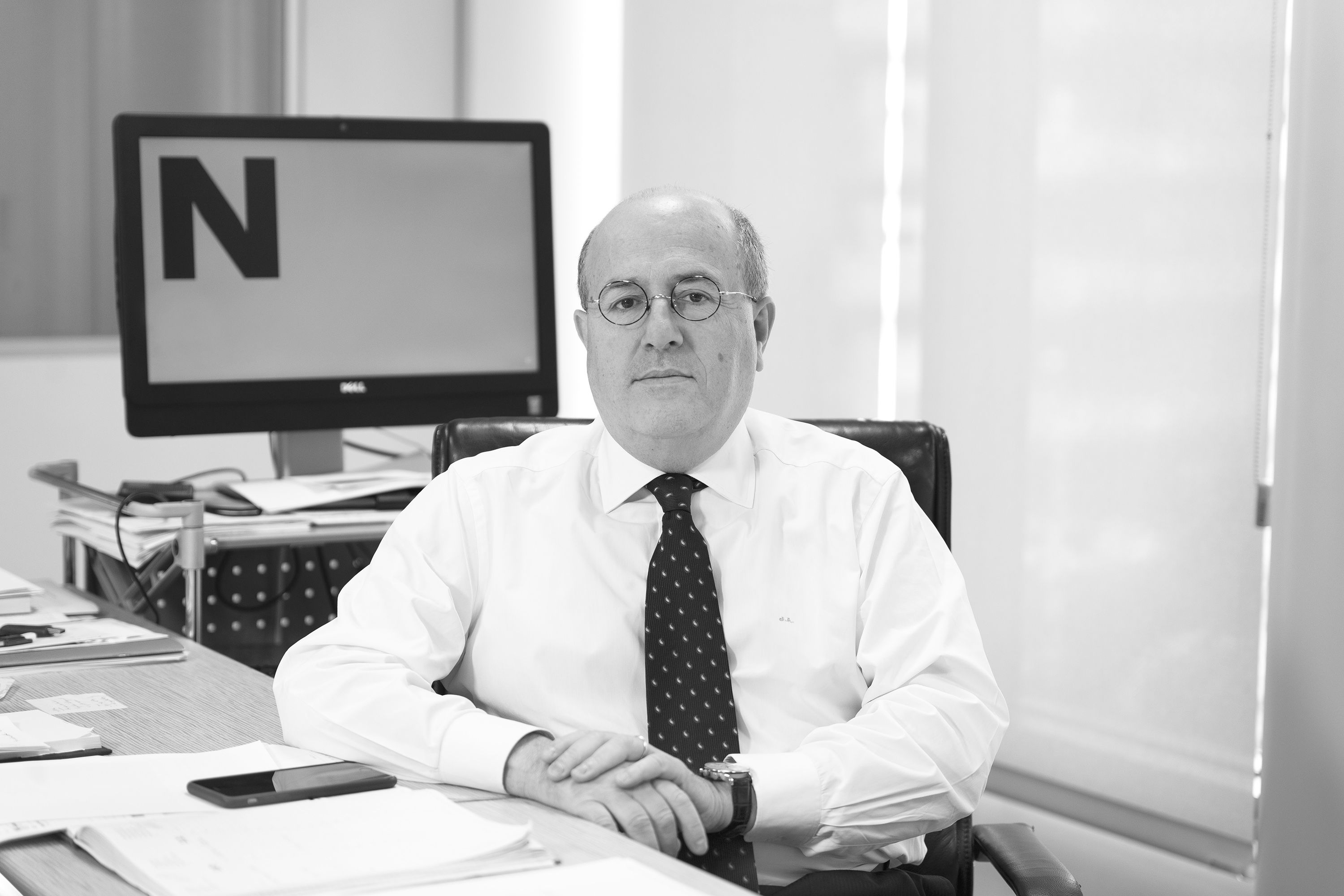It shouldn't come as any surprise that the summit of Catalan political parties held on Friday at the Palau de la Generalitat was a fiasco. Of the seven groups with parliamentary representation, three didn't attend: the Spanish right-wing parties Ciudadanos and PP, and the left-wing pro-independence CUP; the four who were present - the two largest Catalan pro-independence parties JxCat and ERC, the Catalan Socialists of the PSC, and the non-aligned left-wing Commons group - have political positions so far apart that even minimal agreement is impossible; the issue of the prisoners and exiles was so present that the PSC, jointly responsible for the current plight of those jailed and exiled, did whatever it could to justify the present situation; and, to add insult to injury, no PSC leader in the room gave any commitment that article 155 would not be imposed again.
With these plot elements, the meeting was doomed to failure, and so it went. Another matter entirely is the fact that, since nobody wants to take responsibility for such situations to avoid bad publicity, those attending put a brave face on it, appeared before the media, gave a few explanations and called for new meetings to be held. The thing is, dialogue in Catalonia in the current political situation has its limits. How do you have a dialogue when not all those taking part are present under equal conditions? A real dialogue, one that will bear fruit. Not a chat over coffee that repeats the same arguments already made ad nauseum by all those in the room.
The line from which the pro-independence forces will not budge is an accord to hold a referendum agreed with the Spanish state and any retreat from that frontier is, at least formally, unacceptable. The Commons are already in agreement with this but lack the power to impose it on Madrid and are willing to wait indefinitely for a political situation to enable it. The Socialists go no further than a new Autonomy Statute for Catalonia and a reform of the constitution which is, for now, their proposal and their shield, as their plan for a federal Spain was previously. A reform of the Constitution for which the required majority in the Spanish parliament is nowhere to be seen, since the PP and Ciudadanos are against it. Politically infeasible, arithmetically impossible.
This is the true tableau of Catalan and Spanish politics right now. The existence of the political prisoners and exiles has created an insurmountable barrier, at least for now. Of course, the meeting at the Generalitat was polite, far removed from the insults that are regularly heard in Parliament. The party of "no" saw it from behind the barrier, while radio and television explained that its leader, Ines Arrimadas, had opened the Ciudadanos campaign for the Andalusian elections the evening before, in the absence of Albert Rivera, who is nursing a sports injury. What did Arrimadas talk about? Catalonia, of course.

